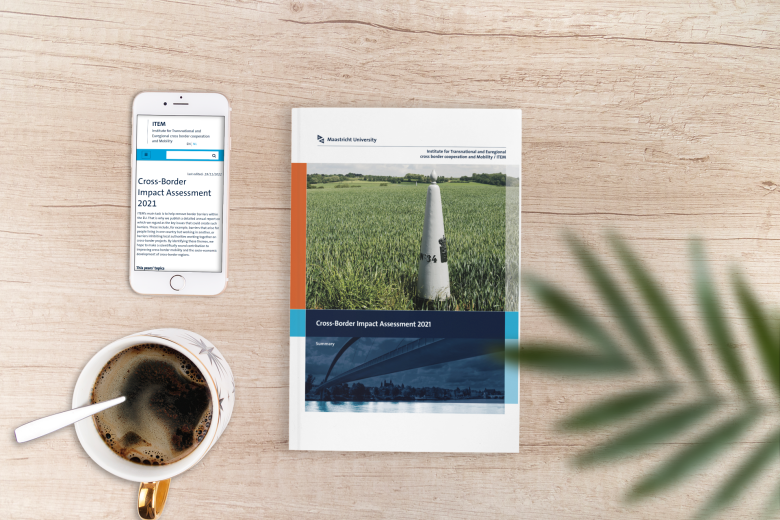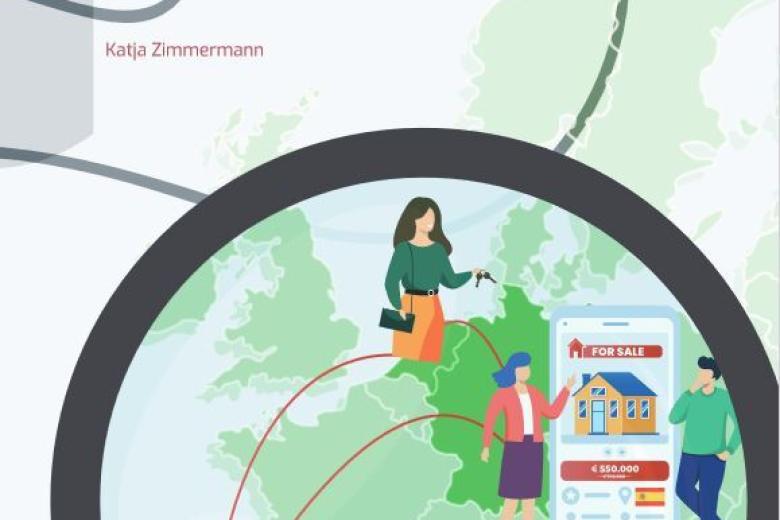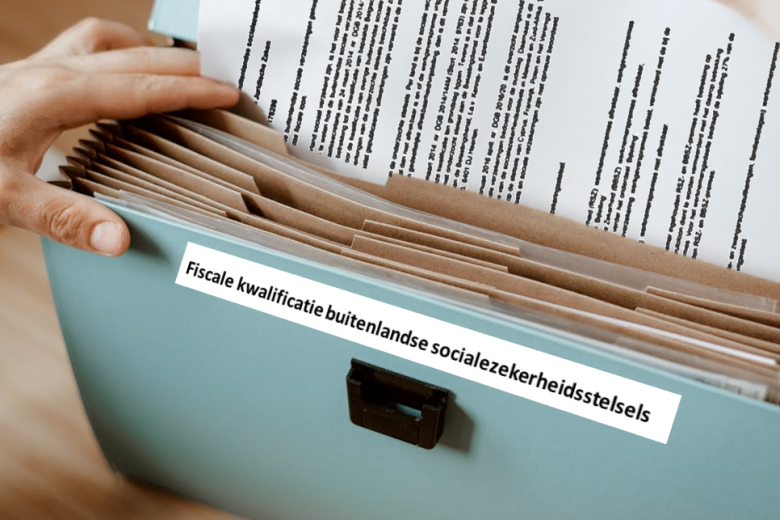The importance of cross-border impact assessments reaffirmed
Crossing the border for a visit to a foreign city, or to work or live there; It is a common phenomenon in the areas along the German and Belgian border, thanks to the free market. But what about legislation and policies applied at a national and European level? Can certain rules affect the daily lives of border residents? By means of an impact assessment, the impact of certain guidelines can be measured. There are several tools at European, national and regional level. The Institute for Transnational and Euregional Cross-border Cooperation and Mobility (ITEM) is committed to mapping the impact of legislation and policies for border regions. In this context, ITEM published its annual Cross-border Impact Assessment 2017 on Friday, November 10, 2017.
Unique to ITEM's Cross-border impact assessment, is an euregional perspective of mapping the effects of legislation and policies in border regions. Under the guidance of 'Ontgrenzer' Martin Unfried of the ITEM Expertise Center, 17 researchers and students from the various disciplines have worked on the Cross-border impact assessment over the past year. Based on input from various Euregio partners (border information points, regional authorities, Euregions and trade unions), a total of six dossiers and two preliminary research topics were examined. Dossiers such as the German toll vignette and Belgian law for passenger identification not only affect border workers, but also citizens who regularly cross the border in their free time.
Despite Brexit, there is a growing interest in cross-border cooperation within the European Union, according to the Institute for Transnational and Euregional Cross-border Cooperation and Mobility / ITEM of Maastricht University. The interest in ITEM's own annual Cross-border impact assessment is an example of this.
Recently, ITEM's Cross-border impact assessment was recognized by the European Commission as a 'good practice'. In an official document entitled "Boosting Growth and Cohesion in EU Border Regions", the ITEM Expertise Center Cross-border Impact Assessment was highlighted by the European Commission as a practical example to facilitate the improvement of the legislative process within the European Union. Also, as a result of the 2017 Coalition agreement, it became apparent that certain measures require action when it comes to the effects on border regions, showing the importance of cross-border cooperation. Thus, in the Coalition agreement, the theme of VAT increase was pre-selected for treatment in the Cross-border impact assessment 2018, which will start at the beginning of next year.
ITEM's Cross-border impact assessment 2017 was presented at the ITEM Annual Conference 2017 on Friday November 10th. The assessment was officially granted to Mr. Karl-Heinz Lambertz, President of the European Committee of the Regions.
The digital versions of the Cross-border impact assessment 2017 can be found via the website of Expertise Centre ITEM (Institute for Transnational and Euregional Cross-border Cooperation and Mobility). Summaries are available in Dutch, English, German and French:
| ITEM Cross-border impact assessment 2017 |

Relevant links
Also read
-
ITEM Cross-Border Impact Assessment 2021 published
Due to the Corona crisis, also many cross-border workers are forced to work in their home country. They have been asked not to cross the border to come to their office situated in the neighbouring country. At the moment, this is only possible because the Dutch, Belgian and German governments have...

-
Success factors for cross-border real estate transactions: information and patience
Buying a house abroad, with the complex procedures of rules and formalities that apply in the world of real estate transactions, one might wonder: what obstacles might I encounter? In her dissertation, Katja Zimmermann examined the operation and obstacles of various land registration systems. Her...

-
ITEM focal point taken up: addition to Dutch qualification policy for German social insurance schemes
The Dutch Ministry of Finance has updated the guideline on the tax qualification policy of foreign social security schemes. According to expertise centre ITEM, the addition concerning certain German social insurances is a positive development, which is in line with their vision and commitment in...
